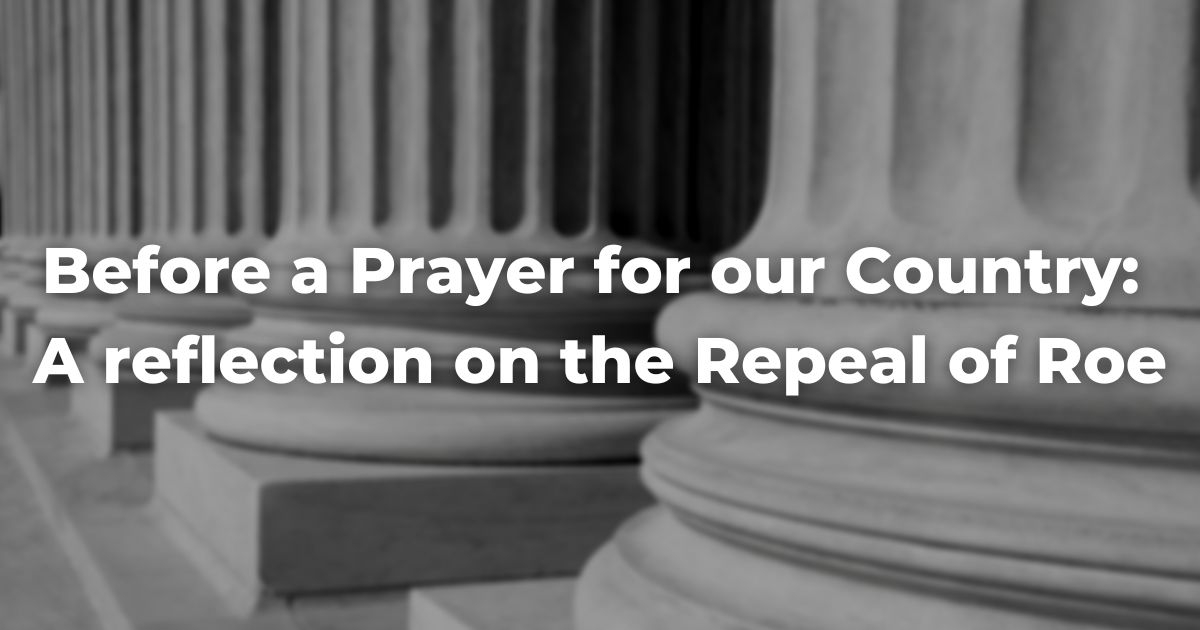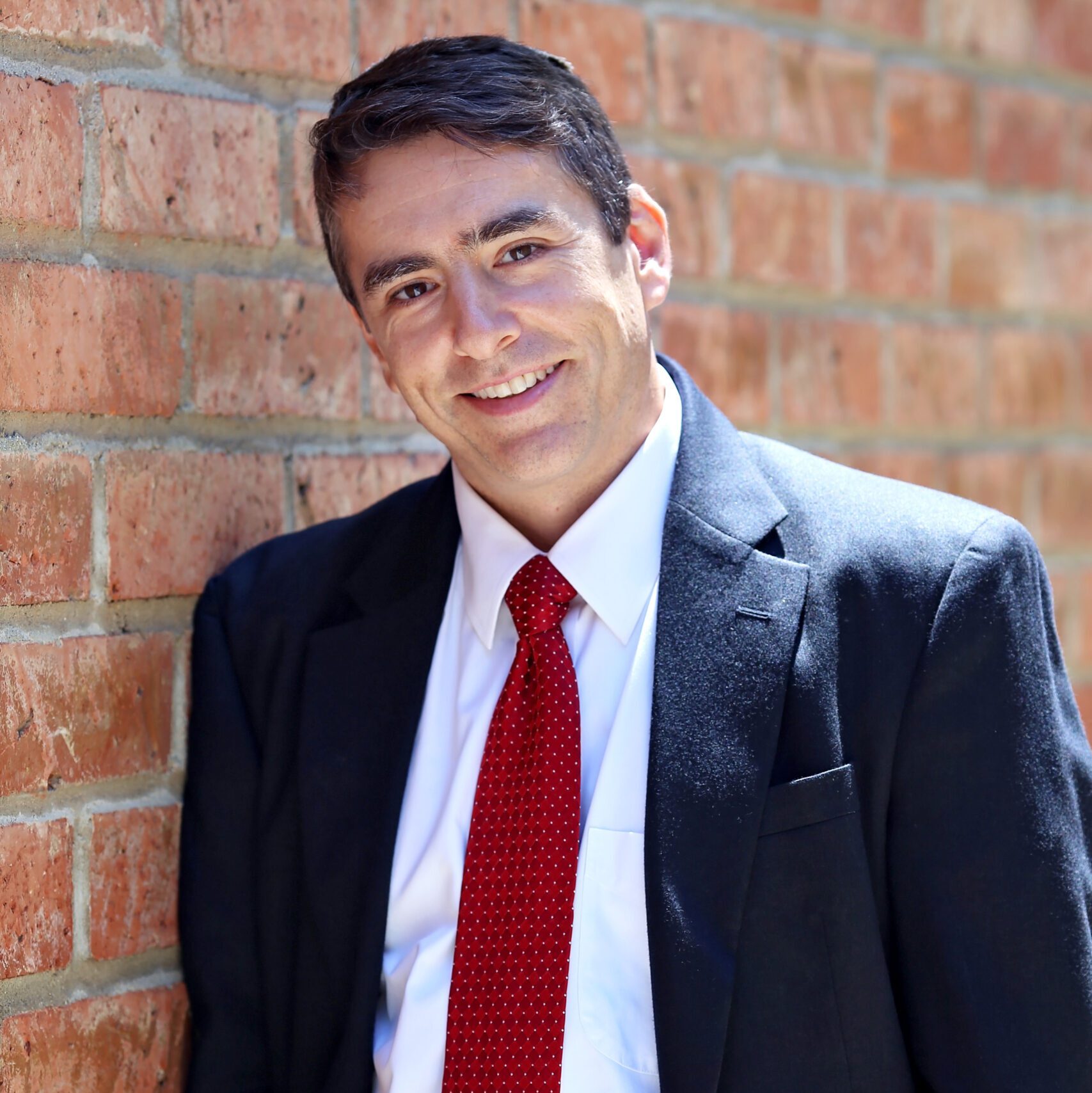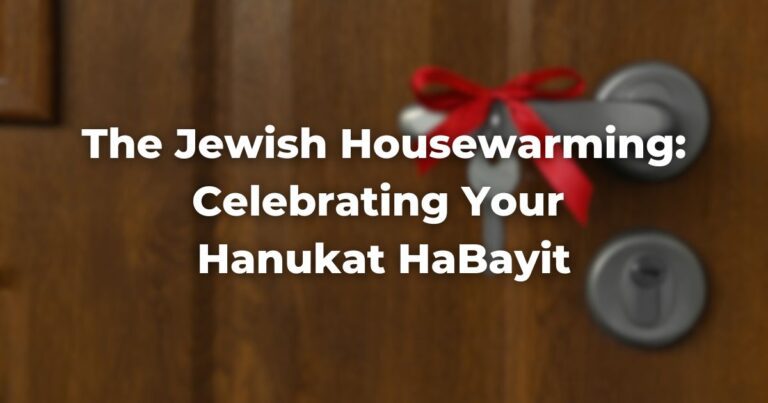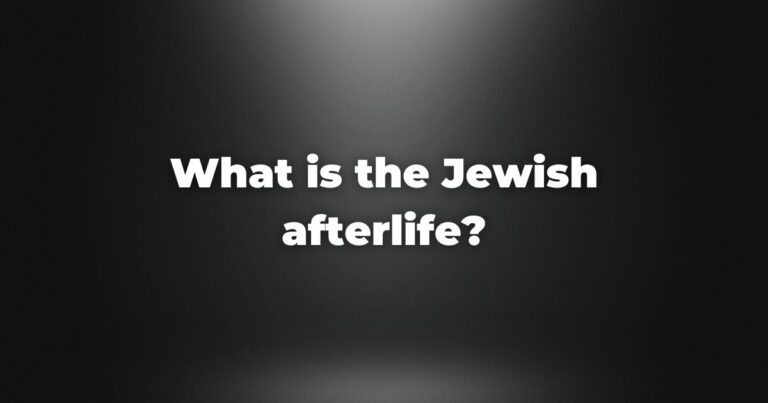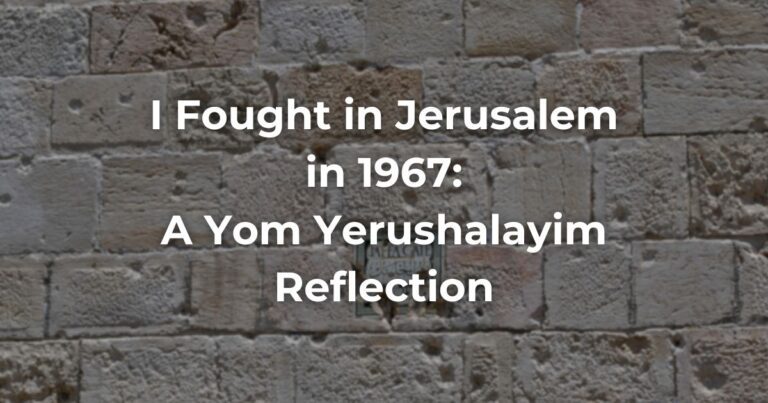We are about to say a prayer. For our beautiful and our broken country. Sometimes the brokenness overwhelms. Not only in the content of our laws and statutes. But in their context. I know that today so many in this room, and watching remotely, and around the community and the country feel broken-hearted. Demoralized. Disempowered. Terrified.
Chiefly, and most painfully, about yesterday’s news emerging from the Supreme Court. And what it means for women in this country going forward. And, let’s be honest, what it means mostly for women who are poor and who lack resources, as those are the ones whose rights have been most constrained.
As I empathize with that pain and fear, I linger on a broader terribleness in our midst.
The horrifically divided way in which our nation stumbles forward. The awful inevitability that no matter who is elected President in 2.5 years, ½ half of the country will consider it messianic, and the other crushingly tragic.
The awful inevitability–representing just how much it is the case that we really are no longer One Nation, whether “under God” or not–that nearly every significant Supreme Court decision that will emerge in the next months or years or decades will lead to spasmodic eruptions of elation on the one side, and lament and rending of garments on the other.
For how long can such a country remain a country, no matter how many beautiful but ultimately anodyne prayers for it are said in sanctuaries such as ours?
Today is a reminder to us all, and I mean to us all, about the vulnerability of powerlessness. We Jews know that vulnerability all too well, and it is existential. And while there are, of course, many women in government, in power and in this congregation who may cheer yesterday’s announcement, an overwhelming majority of the women I know and love and respect feel more vulnerable and powerless in their lives today than ever before.
We all ought to meditate on what is at stake when we are subject to the laws and limitations of powerful people who do not share our understanding of liberty and freedom. And that meditation ought to ignite us to action, using the most powerful civic weapon to exist in modern society: the vote. If, for you, yesterday’s shock has morphed into today’s anger it should transmute into tomorrow’s determination, and translate into your future vote expressing your ultimate power as a man, a woman, an American.
There is much to say about this topic from a Jewish perspective.
It may surprise many of you for me to say that I firmly believe that nearly none of that Jewish material is actually germane to a national conversation on the issue. Just as we rightly bristle when evangelical Christians aim to direct national law and policy based on their interpretation of Scripture, neither should the Supreme Court take into account nor worry about this or any rabbi’s halakhic discourses, as if what a Rabbi in Babylonia in the 4th century thought should impact American federal law.
But, it is worth sharing, to this congregation, succinctly and clearly, that the broadest interpretation of Jewish law supports the notion of abortion in many situations, including many situations that will now be forbidden in many states in the Union.
And it is worth stating that when the draft was leaked, the national organizations representing the Reform, Conservative and mainstream Orthodox movements separately, somewhat differently, but also unanimously came out against the notion that Roe V. Wade should be overturned. That is not a small thing, even if it remains the case that I am not sure that the RA’s opinion on this, for instance, ought to matter in areas of American jurisprudence.
Jews may not all agree on when and in what circumstances the Jewish permissabilty of abortion should be invoked. But an overwhelming majority of non-Haredi Jewish Americans are and will remain against the roll-back of an American right that had been, seemingly firmly, in place for nearly half a century. That is no small thing.
And so we come to this prayer for our country with some trepidation for the state of our country. With empathy to all those, women and men, who feel upturned, rejected, frightened, furious and defeated today. And we pray that the power of prayer itself reveals itself, through celestial and cosmic pathways beyond our ken, and as a goad to action, personal responsibility and a reinvestment in civic life.
I want to say that I, and my fellow clergy at TBA, are available to talk, to listen and to hold whatever range of emotions you may have today and moving forward. Please do not hesitate to reach out.
And I want to say that the TorahRefers to the first five books of the Hebrew Bible, the Tanakh, also called the Five Books of Moses, Pentateuch or the Hebrew equivalent, Humash. This is also called the Written Torah. The term may also refer to teachings that expound on Jewish tradition. Read more always speaks to us, and to the moments we live through.
Today, in the narrative of the scouts sent to assess the land, we read a story of the future of a nation. And a story of division. We were reminded that members of the same community can peer into a land simultaneously, with some of them seeing monstrosities, and others beauty.
We read the verses that expressed fear and trepidation, and we were reminded that our God pushes us past those emotions towards hope, even when it seems lost, and towards creating the future, the land and the nation we deserve and need.
Like the scouts gazing into ארץ כנען, wondering how and if it could become the promised land, ארץ ישראל, we ask ourselves. What are we looking at? Is it bleak? Or is it within our reach? Will we be cowed by the giants who present themselves at the border? Or will we go and inherit, with grit and with travail and with a sense of rectitude, the nation that is ours?
May we all be up to that sacred, civic obligation.
Adapted with permission.
Author
-

Adam Kligfeld has served as Senior Rabbi of Temple Beth Am (Los Angeles) since 2009, after 9 years at Congregation Eitz Chaim in Monroe, NY. His current areas of focus are bringing soulful and harmonic prayer, woven with mindfulness and meditation, to his community, and beyond. Rabbi Kligfeld founded the Kol Tefilla conference, which has had 4 iterations, bringing together professionals and lay leaders from across the country to experience, and investigate how to curate, meaningful prayer experiences. Rabbi Kligfeld is married to Havi, a couples therapist, and is a proud father to Noa, Ayden and Lev.
View all posts

